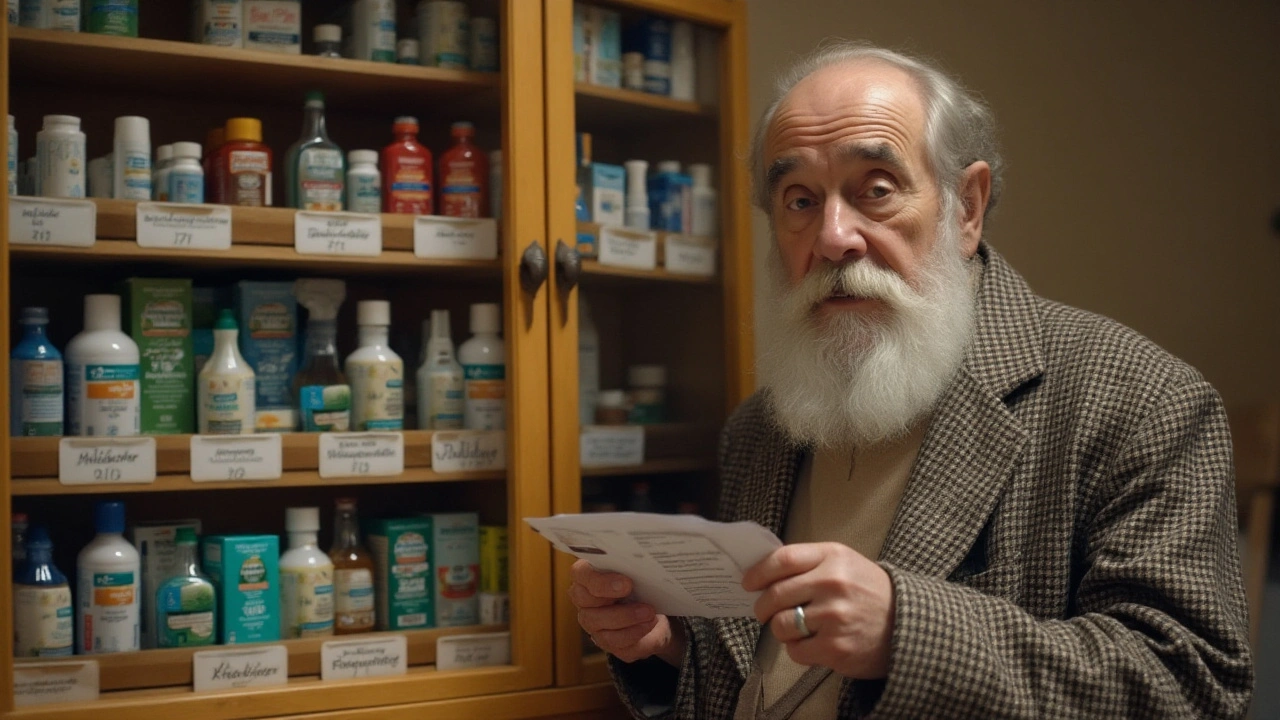Stromectol alternatives: what to use instead of ivermectin
Can't take Stromectol (ivermectin) or want a different option? There's no single swap‑out — the best alternative depends on the parasite and the situation. Below I’ll map common, evidence-based alternatives by infection and give practical safety tips so you can talk with your provider.
Which drug works for which infection?
For many intestinal worms (roundworms, hookworms, whipworm): albendazole or mebendazole are the usual alternatives. They work differently from ivermectin and are often the first choice for soil‑transmitted helminths.
For strongyloidiasis, ivermectin is usually the top pick. If ivermectin can't be used, albendazole is sometimes tried, but it's generally less effective. That’s a case where specialist advice matters — your doctor may suggest longer treatment or close follow‑up testing.
For schistosomiasis and other trematode infections, praziquantel is the standard. It’s not an ivermectin alternative for every parasite, but it’s essential when liver or bladder flukes are the problem.
For onchocerciasis (river blindness), doxycycline is a non‑ivermectin approach that targets Wolbachia bacteria inside the parasite. Doxycycline needs a multi‑week course and isn’t right for everyone (not recommended in pregnancy), but it can reduce parasite fertility and help control the disease over time. Moxidectin is another systemic drug that has been used for some filarial infections; availability varies by country and indication.
For scabies (skin infestation), topical options often replace oral ivermectin: 5% permethrin cream is the most common and effective topical treatment. Other choices include benzyl benzoate, crotamiton, and sulfur ointments. Lindane exists but is rarely used because of safety concerns—avoid it in young children and people with skin damage.
Practical safety tips and testing
Always match treatment to a confirmed or strongly suspected diagnosis. Simple tests — stool O&P (ova and parasites), serology for certain parasites, or skin scrapings for scabies — guide the right drug choice and dose.
Consider pregnancy, breastfeeding, and age. Many antiparasitic drugs aren’t safe in pregnancy or for very young children. Drug interactions matter too — albendazole and doxycycline each have different precautions with other meds you might be taking.
Don’t self-prescribe ivermectin or any antiparasitic for off‑label uses. If you live in or traveled to an area with specific parasites, tell your clinician—some infections need specialized regimens or follow‑up testing to confirm cure.
If you’re unsure which option fits your case, ask for a short consultation with an infectious‑disease specialist or parasitology clinic. Getting the right drug first saves time, prevents complications, and avoids repeated treatments.
Want help preparing questions for your doctor or a checklist for travel-related parasite risks? I can draft one tailored to your situation.
